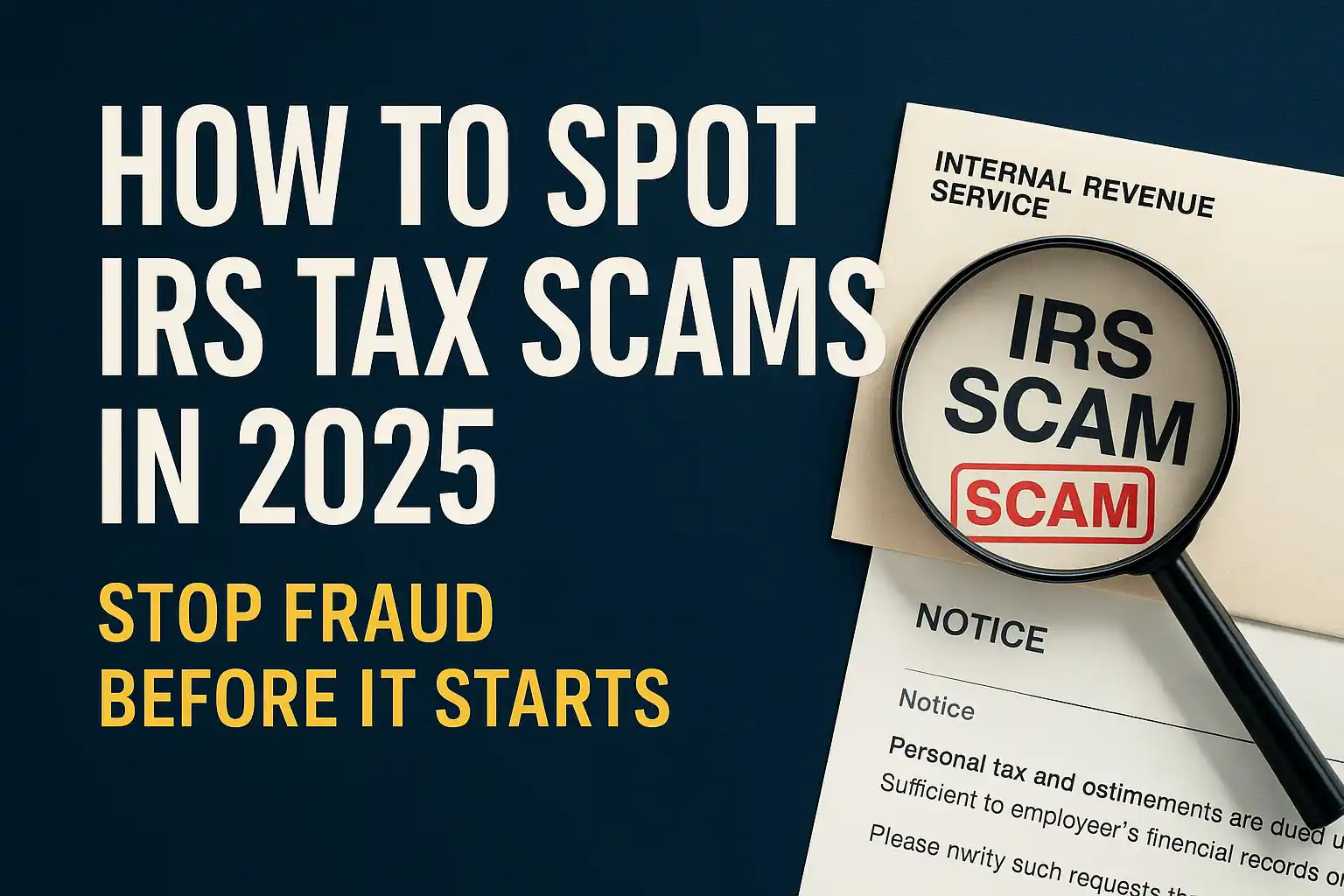Turning your Hobby Into a Business – Avoid the Hobby Loss Rules
Like many of us, you’ve probably dreamed of turning your favorite pastime into a regular business. What better way to be passionate about your business and make money at the same time.
You won’t have any unusual tax headaches if your new business is profitable. However, if the new enterprise consistently generates losses (deductions exceed income), IRS may step in and say it’s a hobby—an activity not engaged in for profit—rather than a business.
In fact, recently I had a client turn their passion for fishing into a business. They created a website to sell a “paper” on how to catch fish and links to amazon and other retailers to sell his special and favorite lures and fishing equipment/tackle. It was a great way to save taxes, make money and do what he loves.
What are the practical consequences? Under the so-called hobby loss rules, you’ll only be able to claim deductions up to the amount of the income generated by the enterprise. This is a terrible tax planning result. The losses are dramatically limited.
By contrast, if the new enterprise isn’t affected by the hobby loss rule, all otherwise allowable expenses would be deductible on Schedule C, even if they exceeded income from the enterprise. This is obviously the goal.
Avoid these 2 Hobby Loss Rules
- The first way is to show a profit in at least three out of five consecutive years (two out of seven years for breeding, training, showing, or racing horses).
- The second way is to run the venture in such a way as to show that you intend to turn it into a profit-maker, rather than operate it as a mere hobby. The IRS regulations state that the hobby loss rules won’t apply if the facts and circumstances show that you have a profit-making objective.
How can you prove that you have a profit-making objective? In general, you can do so by running the new venture in a businesslike manner.
More specifically, IRS and the courts will look to the following factors –
- how you run the activity;
- your expertise in the area (and your advisers’ expertise);
- the time and effort you expend in the enterprise;
- whether there’s an expectation that the assets used in the activity will rise in value;
- your success in carrying on other similar or dissimilar activities;
- your history of income or loss in the activity;
- the amount of occasional profits (if any) that are earned;
- your financial status; and
- whether the activity involves elements of personal pleasure or recreation.
The classic “hobby loss” rules situation involves a successful businessperson or professional who starts something that looks like an obvious hobby and then consecutive losses. I have consistently advocated that I want my clients to start a business that has traditionally been a hobby of sorts, but there is truly a business structure and profit motive involved.










